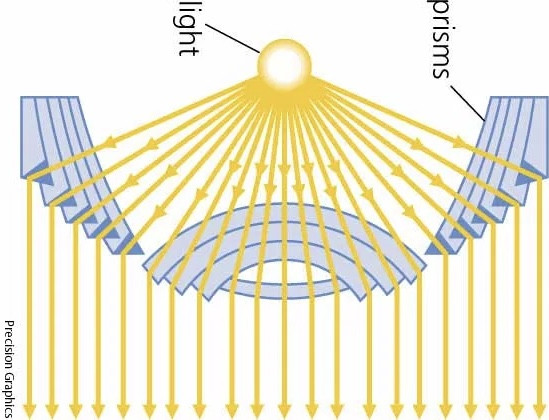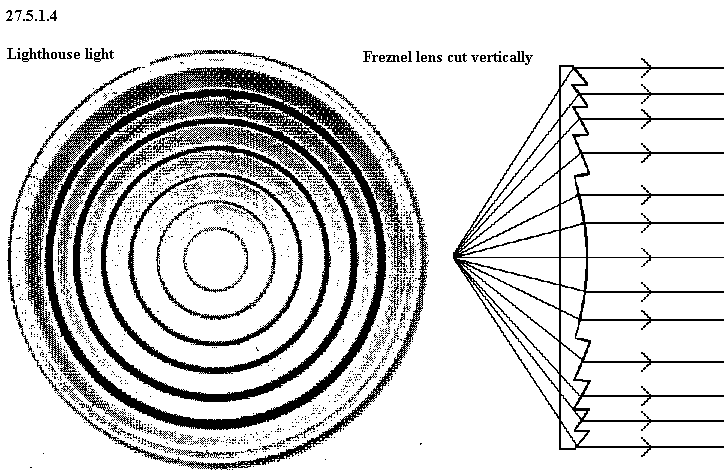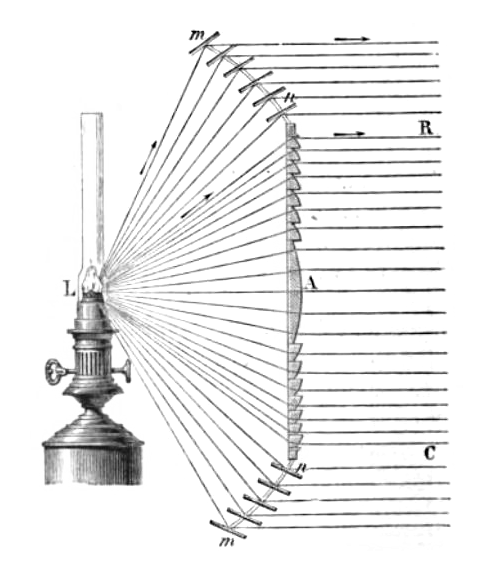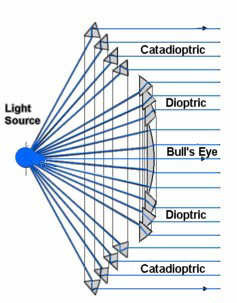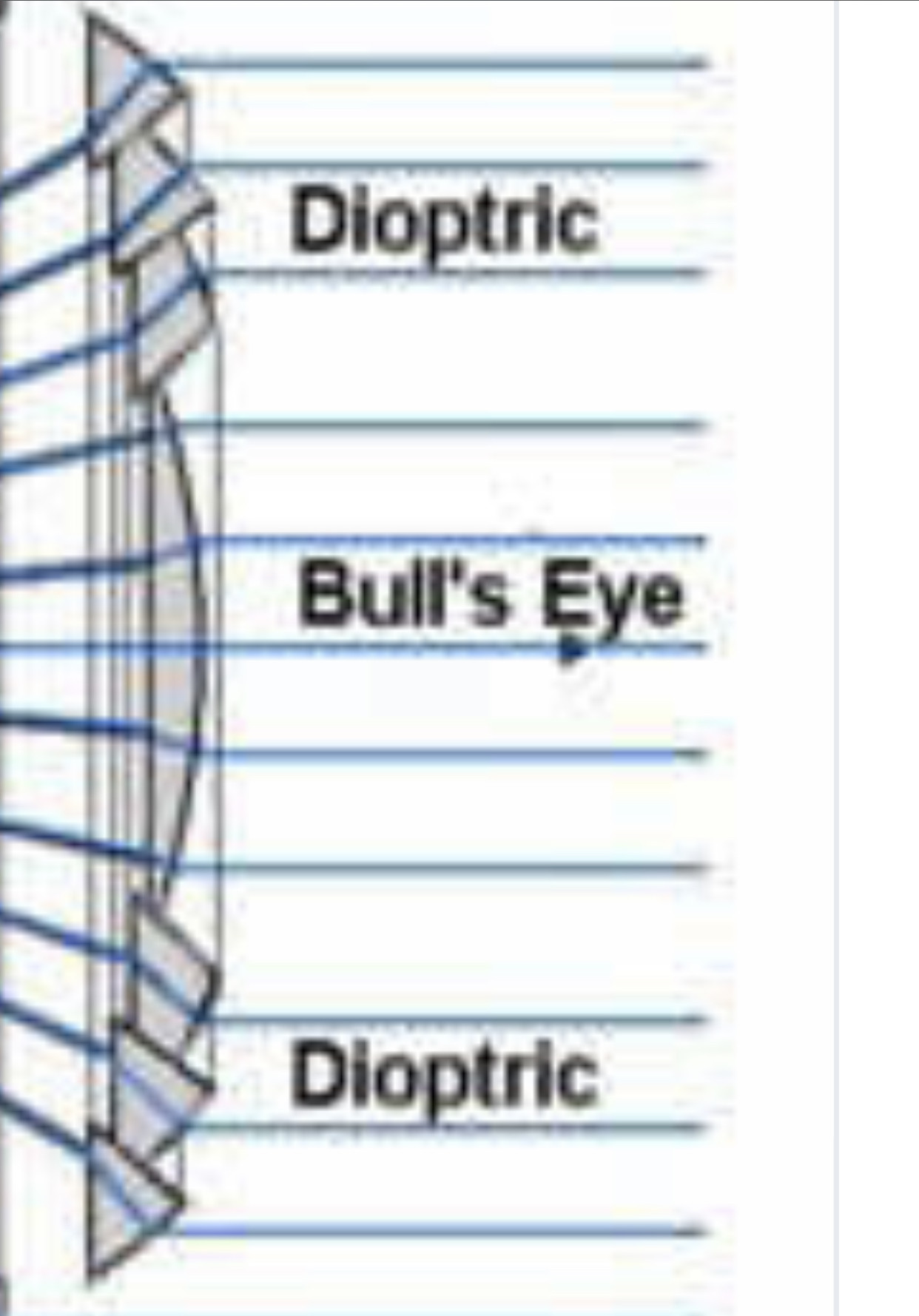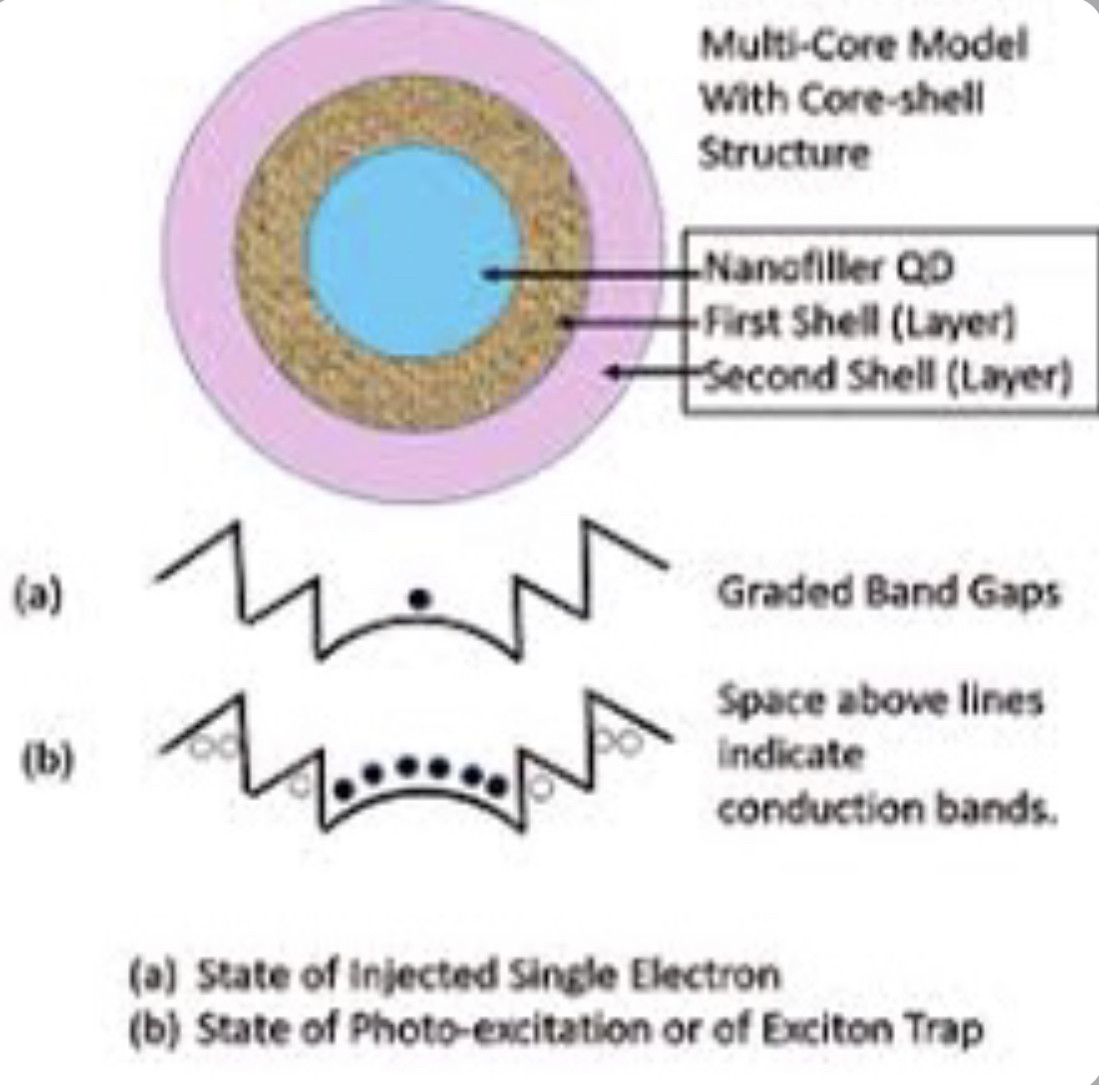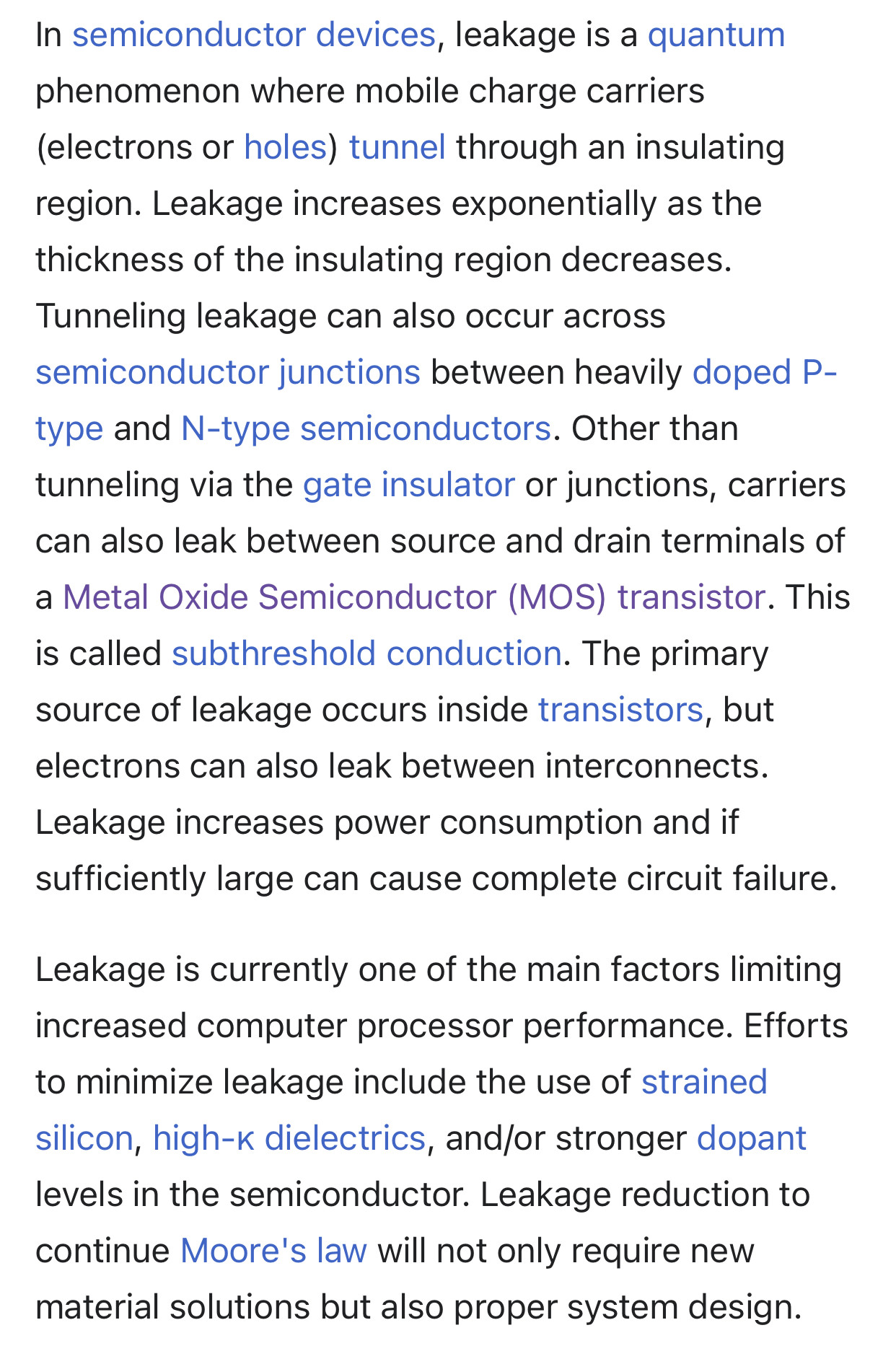The Light of God lives in our hearts. Love, work, and knowledge are the wellsprings of the life He gives us; they should also govern it.
Skin of a hyena tied to a ship's mast
Think G# and a Ring?
headless hanging geese coiled around a pole?
a levitated pole?
polarizing
lasering
accoustic levitation
An optical vortex beaming
a flocking migration
A MIGRATE.
🕯
From Ancient Greek ἔξοδος (éxodos), from ἐξ (ex, “out of”) + ὁδός (hodós, “way”)
AN EXODOS
late Middle English: from Old French annexer, from Latin annectere ‘connect’, from ad- ‘to’ + nectere ‘tie, fasten’.
Old English fæstnian ‘make sure’, also ‘immobilize’, of West Germanic origin; related to fast.
Old English fæst ‘firmly fixed, steadfast’ and fæste ‘firmly’, of Germanic origin; related to Dutch vast and German fest ‘firm, solid’ and fast ‘almost’. In Middle English the adverb developed the senses ‘strongly, vigorously’ (compare with run hard ), and ‘close, immediate’ (just surviving in the archaic fast by ; compare with hard by ), hence ‘closely, immediately’ and ‘quickly’; the idea of rapid movement was then reflected in adjectival use.
Old English fæstan (verb), of Germanic origin; related to Dutch vasten and German fasten, also to Old Norse fasta, the source of the noun.
adjective: fast; comparative adjective: faster; superlative adjective: fastest; adjective: farse
1.
moving or capable of moving at high speed.
"go faster"
: to try to do something that is very difficult and impressive
She always encouraged her children to reach for the stars.
🕊
...a mother reaching out to warn her children...
a warning sign
warring (not comparable)
engaged in war; belligerent
late 16th century: from Latin belligerant- ‘waging war’, from the verb belligerare, from bellum ‘war’.
Inflection of bellus (“pretty”).
Adjective
bellum
nominative neuter singular of bellus
bella
feminine singular of bell
From Old Occitan [Term?], from Latin bellus. Compare Occitan bèll, bèu, French beau, Spanish bello.
Adjective
bell (feminine bella, masculine plural bells, feminine plural belles)
beautiful
bell
Soft mutation of pell.
pell (feminine singular pell, plural pellafion, equative pelled, comparative pellach, superlative pellaf)
far, distant
Borrowed from Old French pelette, diminutive of pel (“a skin”), from Latin pellis. Alternatively a contraction of peltry (“skins”) from the same Old French and Latin roots. Norwegian pels, Norwegian belte
pelt (third-person singular simple present pelts, present participle pelting, simple past and past participle pelted)
(transitive) To bombard, as with missiles.
To throw; to use as a missile.
(intransitive) To rain or hail heavily.
(transitive) To beat or hit, especially repeatedly.
(intransitive) To move rapidly, especially in or on a conveyance.
.
(intransitive, obsolete) To throw out words.
word
/wəːd/
verb
gerund or present participle: wording
express (something spoken or written) in particular words.
"he words his request in a particularly ironic way"
Iron oxide nanoparticles are used in cancer magnetic nanotherapy that is based on the magneto-spin effects in free-radical reactions and semiconductor material ability to generate oxygen radicals, furthermore, control oxidative stress in biological media under inhomogeneous electromagnetic radiation.
What is electron injection?
[i′lek‚trän in′jek·shən] (electronics) The emission of electrons from one solid into another. The process of injecting a beam of electrons with an electron gun into the vacuum chamber of a mass spectrometer, betatron, or other large electron accelerator.
A single-electron transistor (SET) is a sensitive electronic device based on the Coulomb blockade effect. In this device the electrons flow through a tunnel junction between source/drain to a quantum dot (conductive island).
Electron beam, stream of electrons (as from a betatron) generated by heat (thermionic emission), bombardment of charged atoms or particles (secondary electron emission), or strong electric fields (field emission).
Hot electrons can be created when a high-energy photon of electromagnetic radiation (such as light) strikes a semiconductor. The energy from the photon can be transferred to an electron, exciting the electron out of the valence band, and forming an electron-hole pair. If the electron receives enough energy to leave the valence band, and to surpass the conduction band, it becomes a hot electron.
Hot electrons can tunnel out of the semiconductor material, instead of recombining with a hole or being conducted through the material to a collector. Consequent effects include increased leakage current and possible damage to the encasing dielectric material if the hot carrier disrupts the atomic structure of the dielectric.
In electronics, leakage is the gradual transfer of electrical energy across a boundary normally viewed as insulating, such as the spontaneous discharge of a charged capacitor, magnetic coupling of a transformer with other components, or flow of current across a transistor in the "off" state or a reverse-polarized diode.
The primary source of leakage occurs inside transistors, but electrons can also leak between interconnects.. .
🕯


